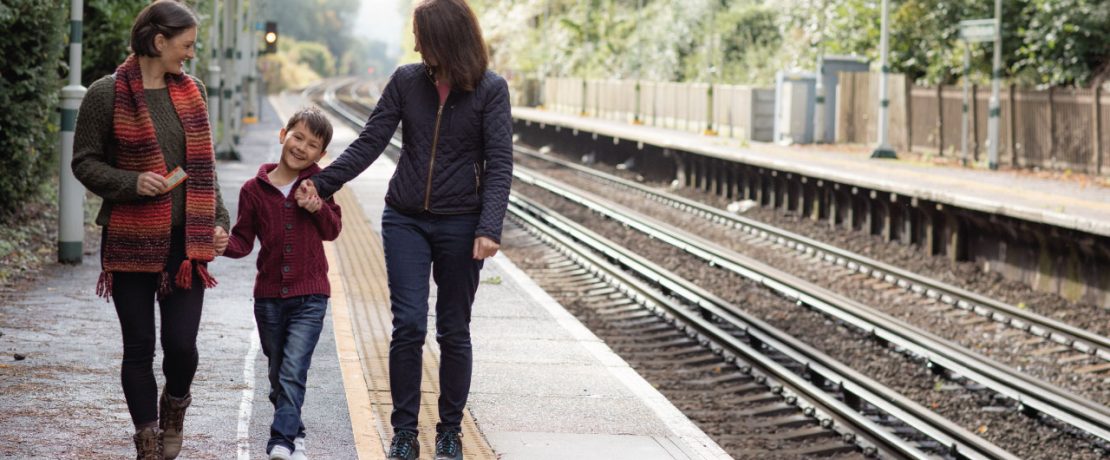Draft Transport Strategy: Response
Our response to Transport for the South East’s Draft Transport Strategy
CPRE Berkshire was pleased to submit a response to the thirty-year draft transport strategy by the Transport for the South East regional body. Aimed at improving journeys, boosting jobs, increasing the quality of life and helping cut carbon emissions to net-zero, the consultation period ran from early October 2019 to mid-January 2020. Transport for South East expects to publish its final strategy in summer 2020 with a strategic investment plan to follow in 2021.
We called for:
- A review of the appearance and intrusion of new road building permitted in the North Wessex Downs AONB and the Green Belt proposed by central government
- Immediate investment in rural, affordable, public transport as a priority government policy to enable the financially disadvantaged living in rural communities, access and enter the labour market
- Recognition that from a rural perspective, investment in major transport corridors does very little to help improve the day-to-day journeys that offer the best opportunity for achieving modal shift
- Recognition that an increase in road building generates more traffic, causing a substantial increase in carbon emissions which creates a long-lasting detrimental impact on landscape and biodiversity
- Investment in rail corridors to move freight from road to rail
- Investment in rail-bus-walk-cycle routes to avoid car-based travel growth
We welcomed the strategy’s
- Commitment to move away from the traditional approach of extensive highway capacity enhancements for cars, otherwise known as ‘planning for vehicles’ or ‘predict and provide’
- Proposals to invest in attractive public transport alternatives
- Proposals to develop integrated land use planning policies to reduce the need to travel
- Commitment to adopt emerging transport technologies; and
- Desire to implement more significant demand management policies
We concluded our response by urging Transport for the South East to
- Integrate transport and planning to enable new development to be based on high quality mass transit and not new roads; and
- Review the ‘Sustainable Route to Growth’ model as it does not seem to significantly create a modal shift away from car use, neither does it support a real increase in walking and cycling
We drew on three reference sources to inform our response:
‘The End of the Road: Challenging the road-building consensus’, CPRE, 2017
‘Transport Deserts’, Feb 2020, CPRE, and
‘Buses in Crisis’, a report on bus funding in England and Wales 2010-2015 by the Campaign for Better Transport





